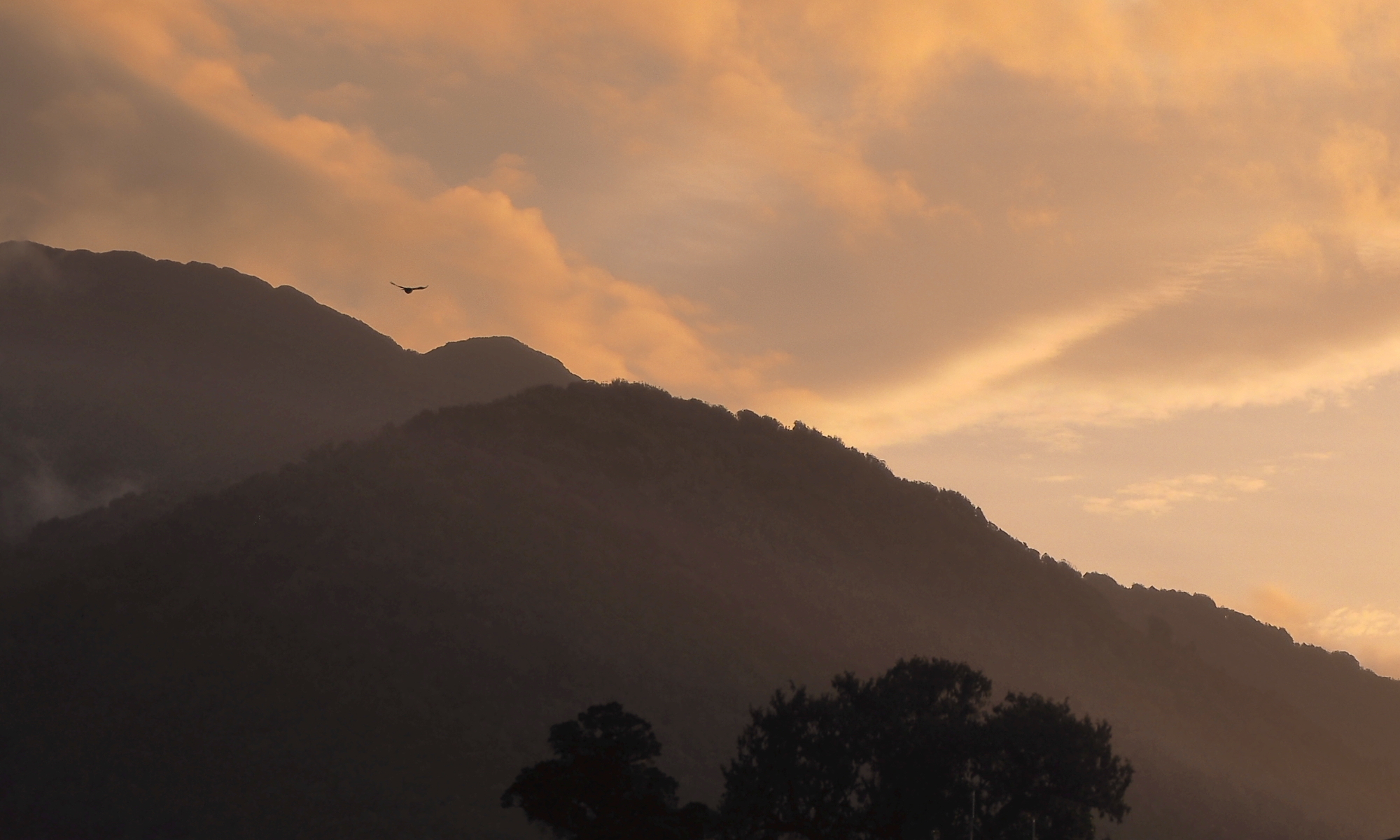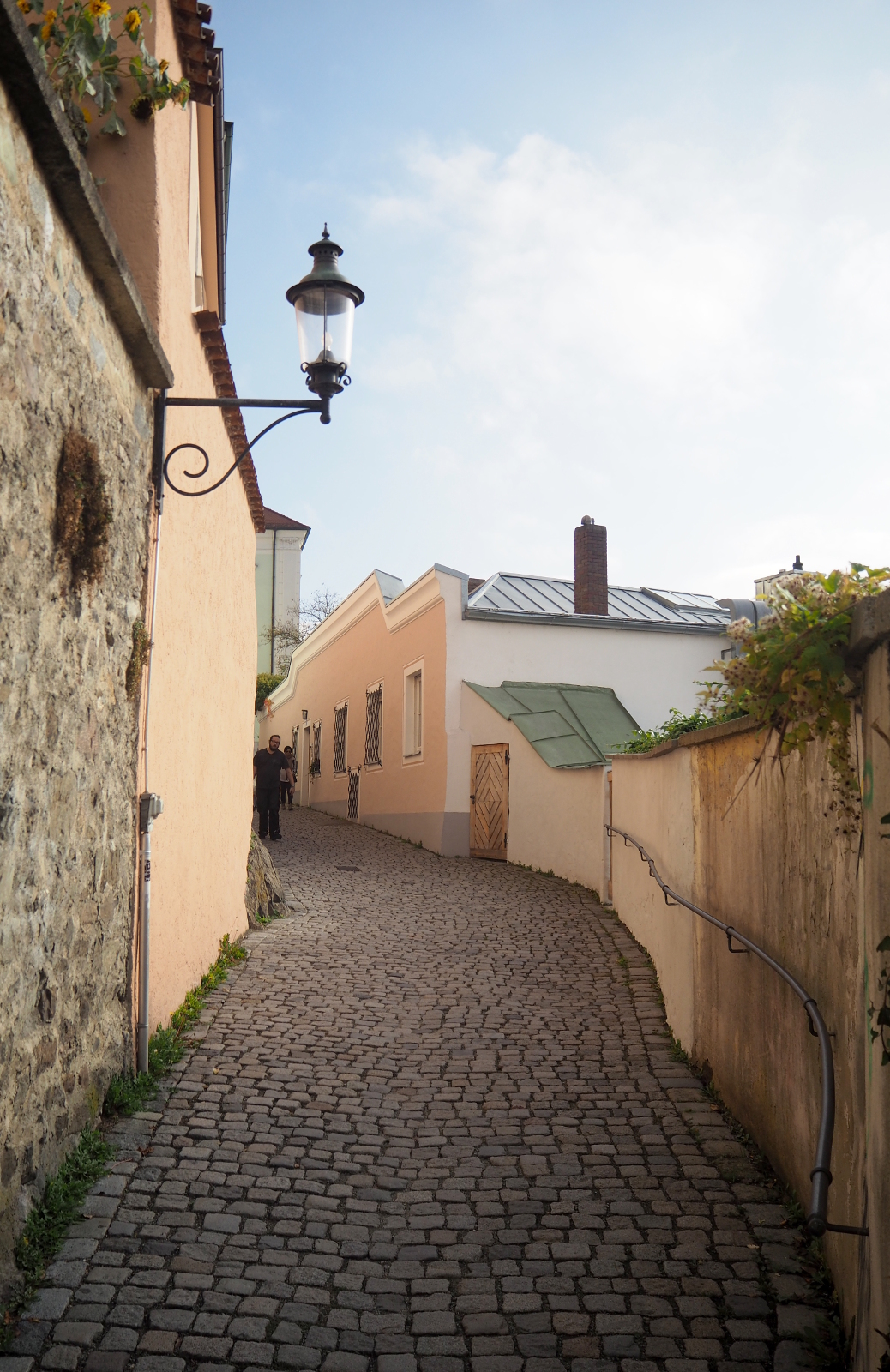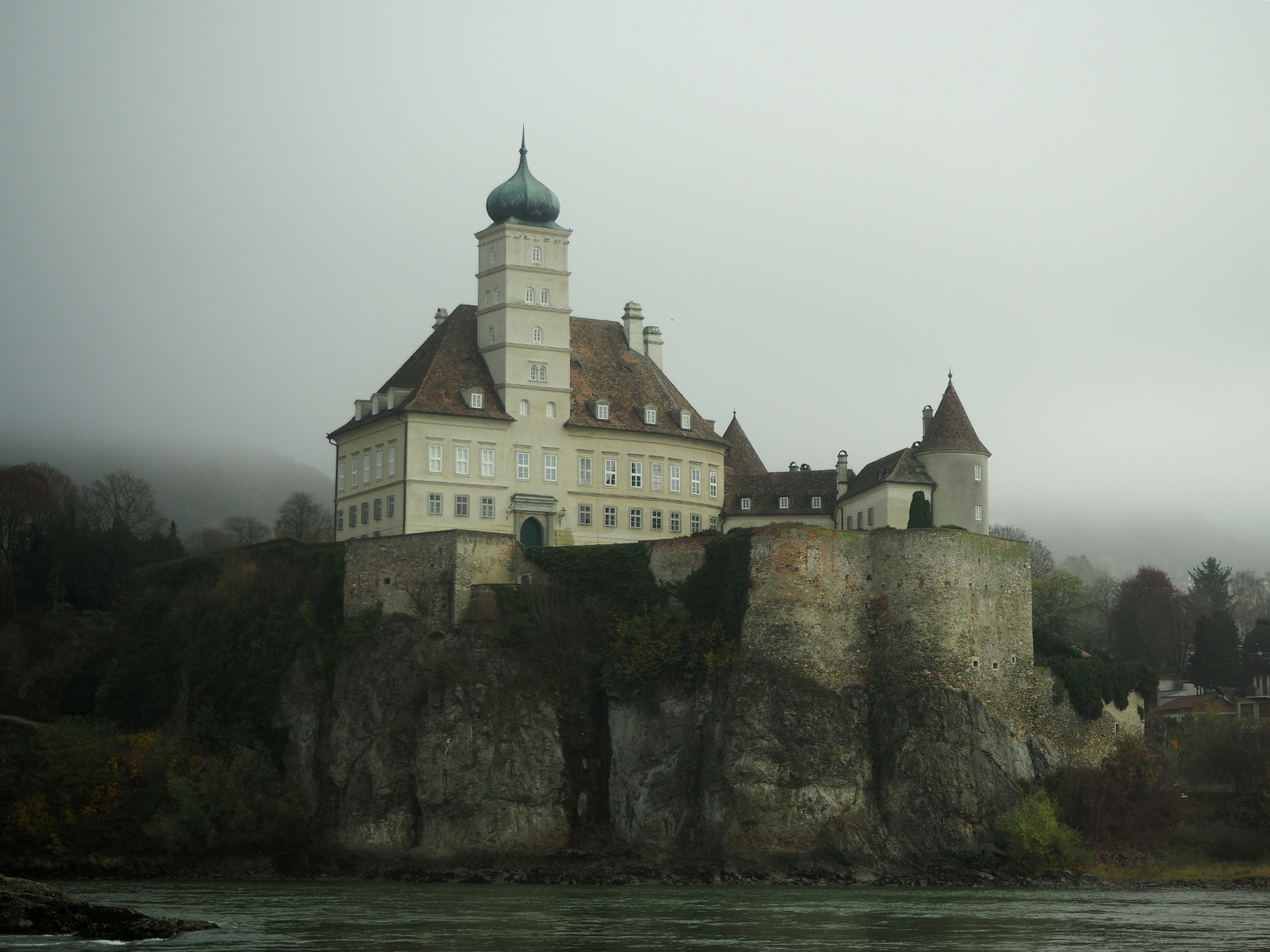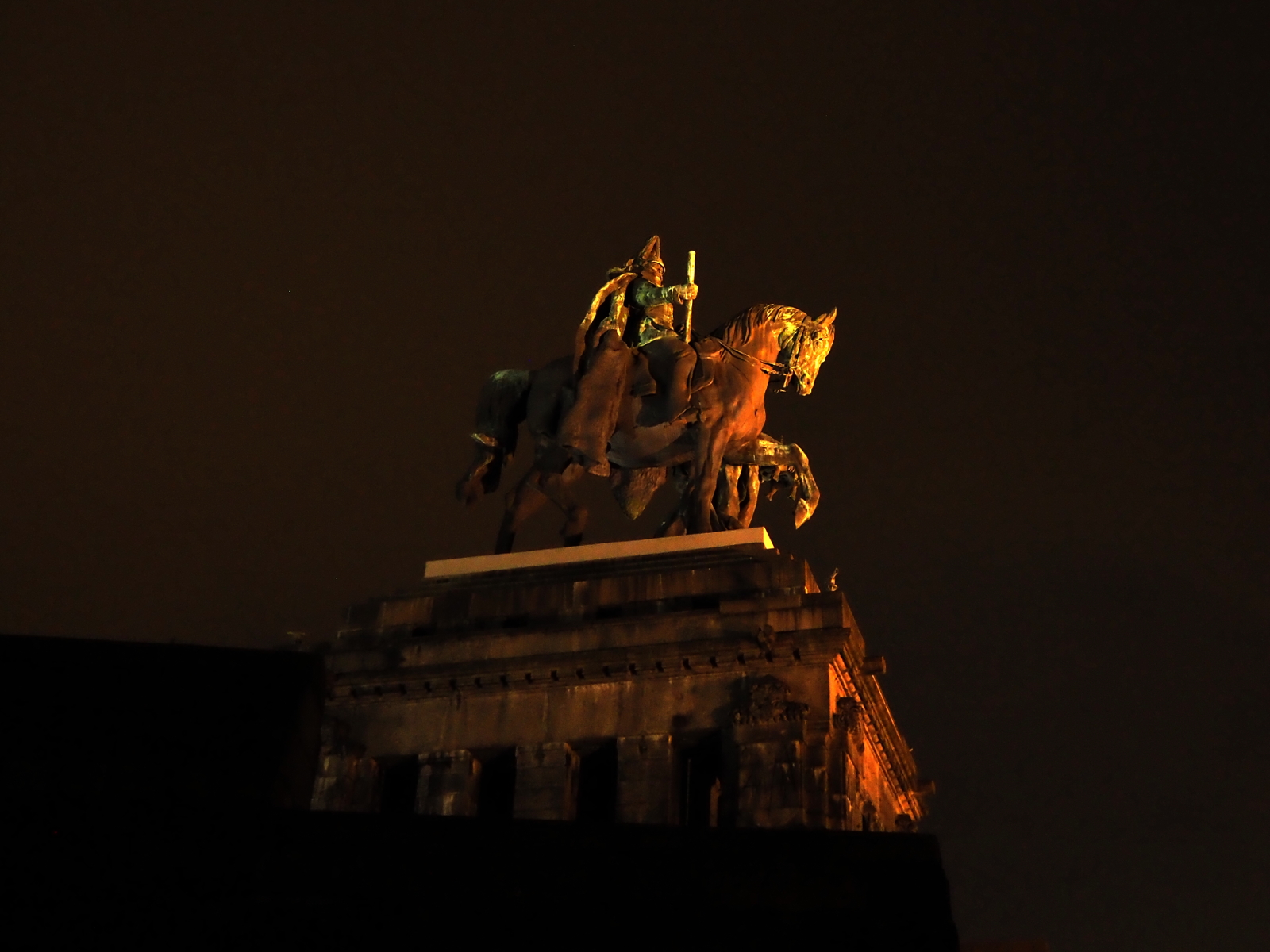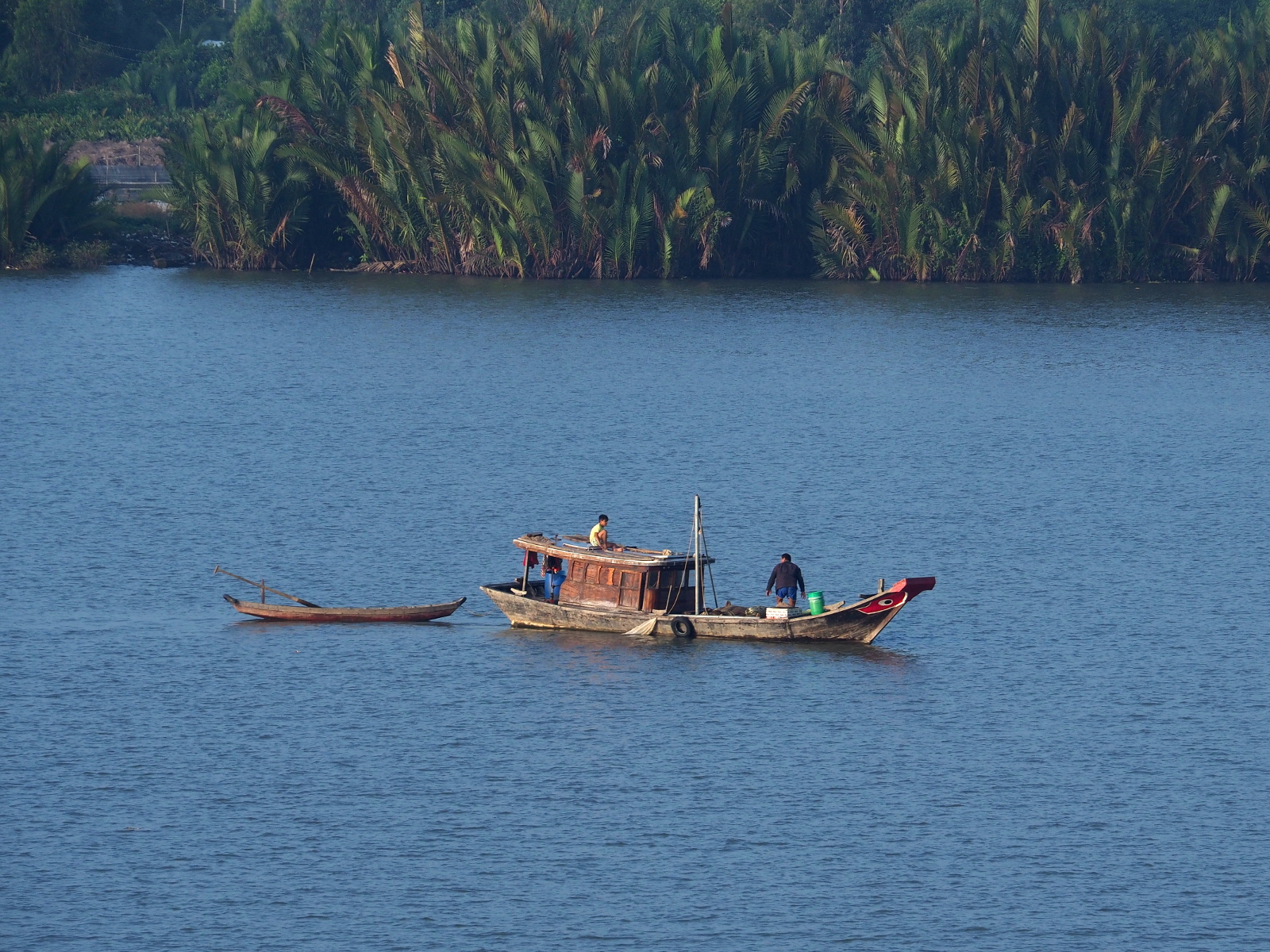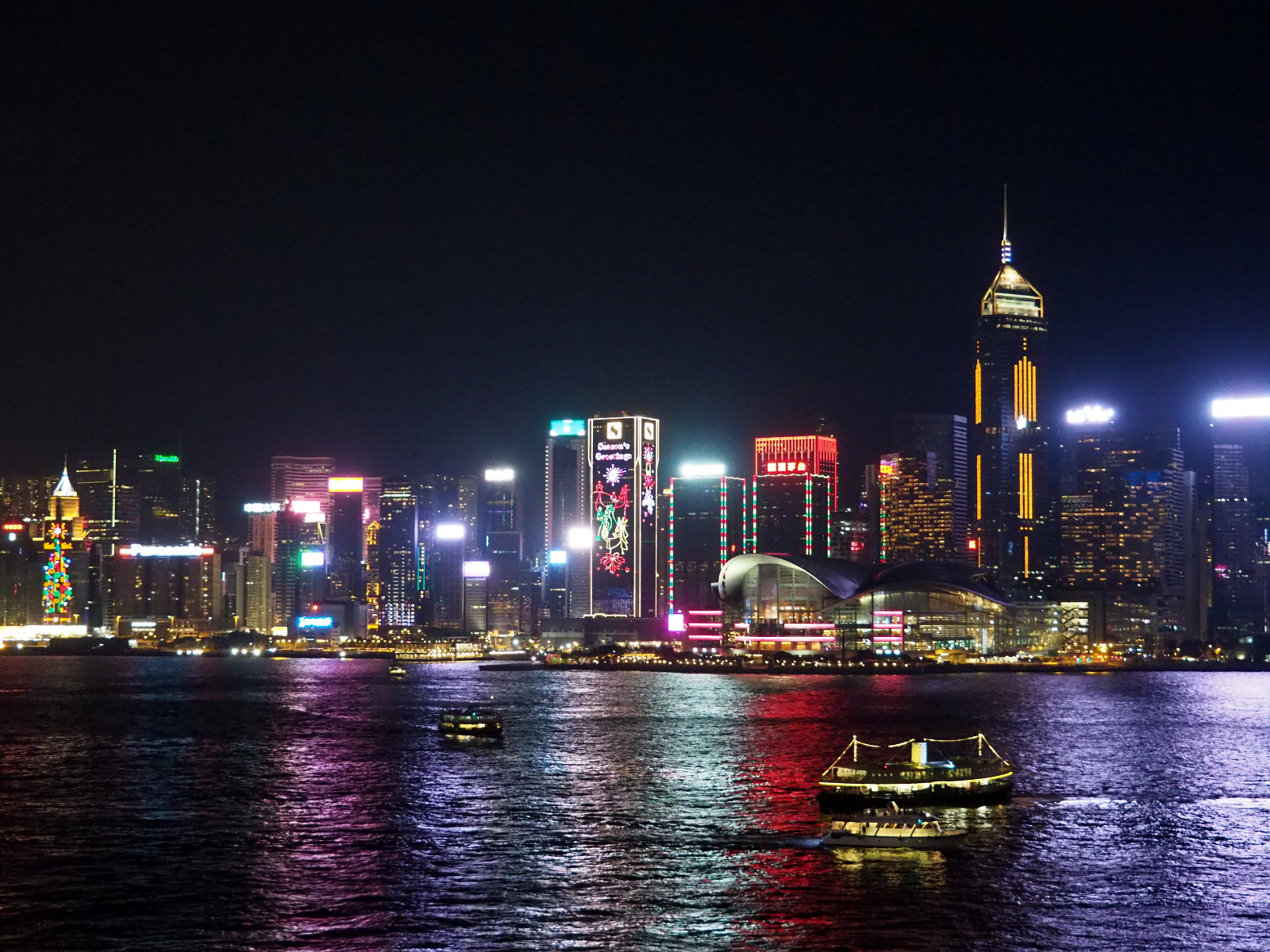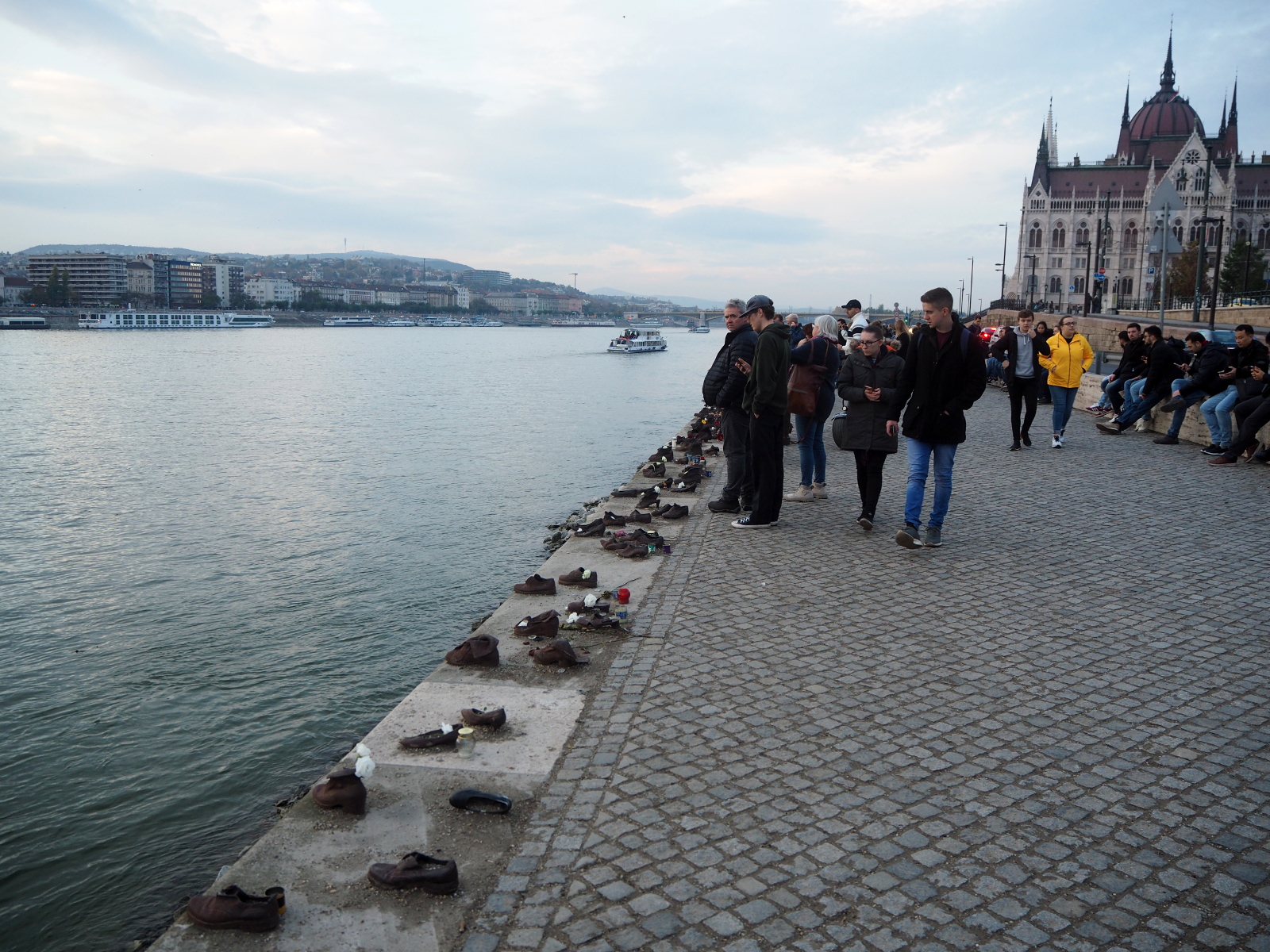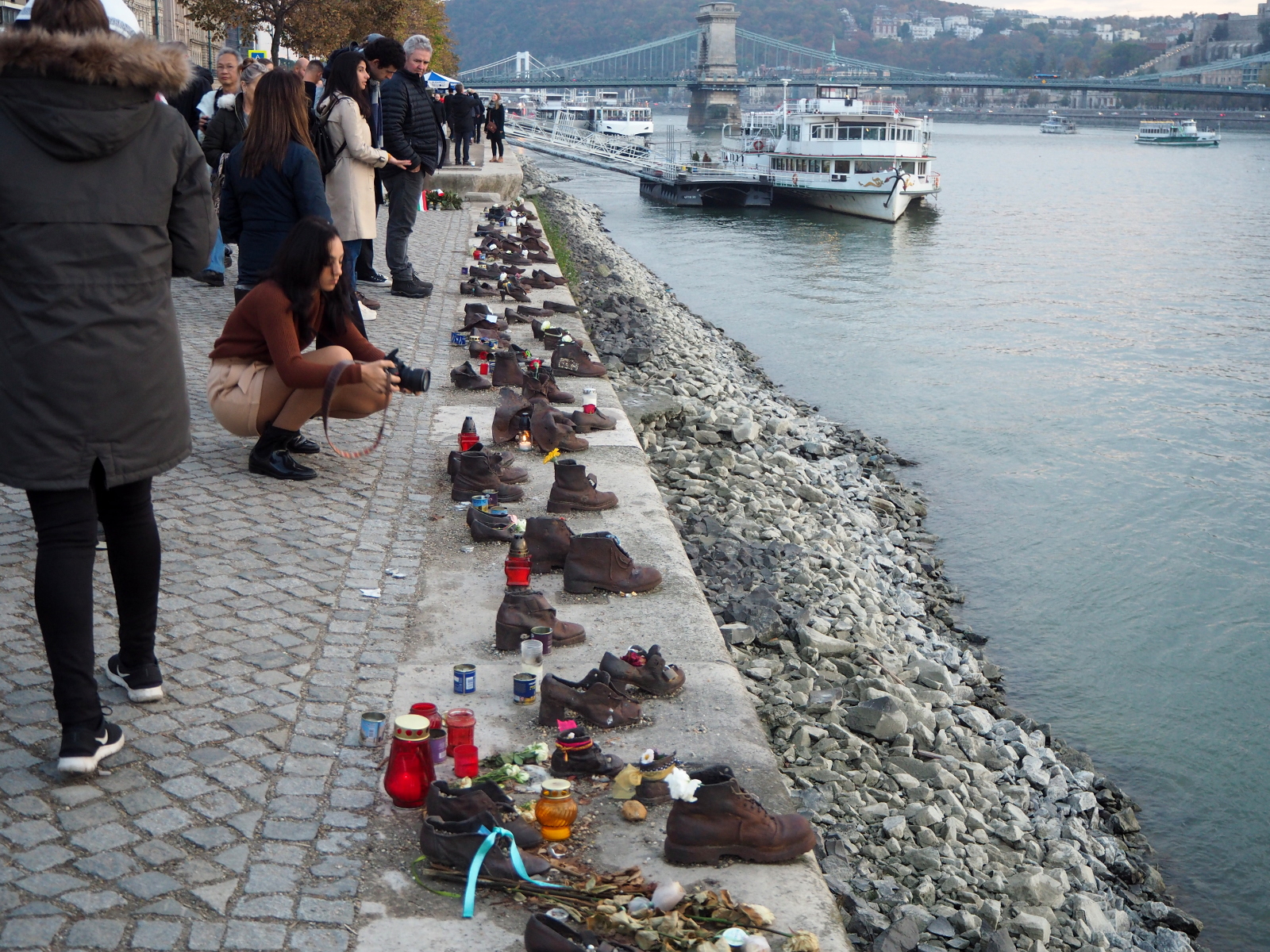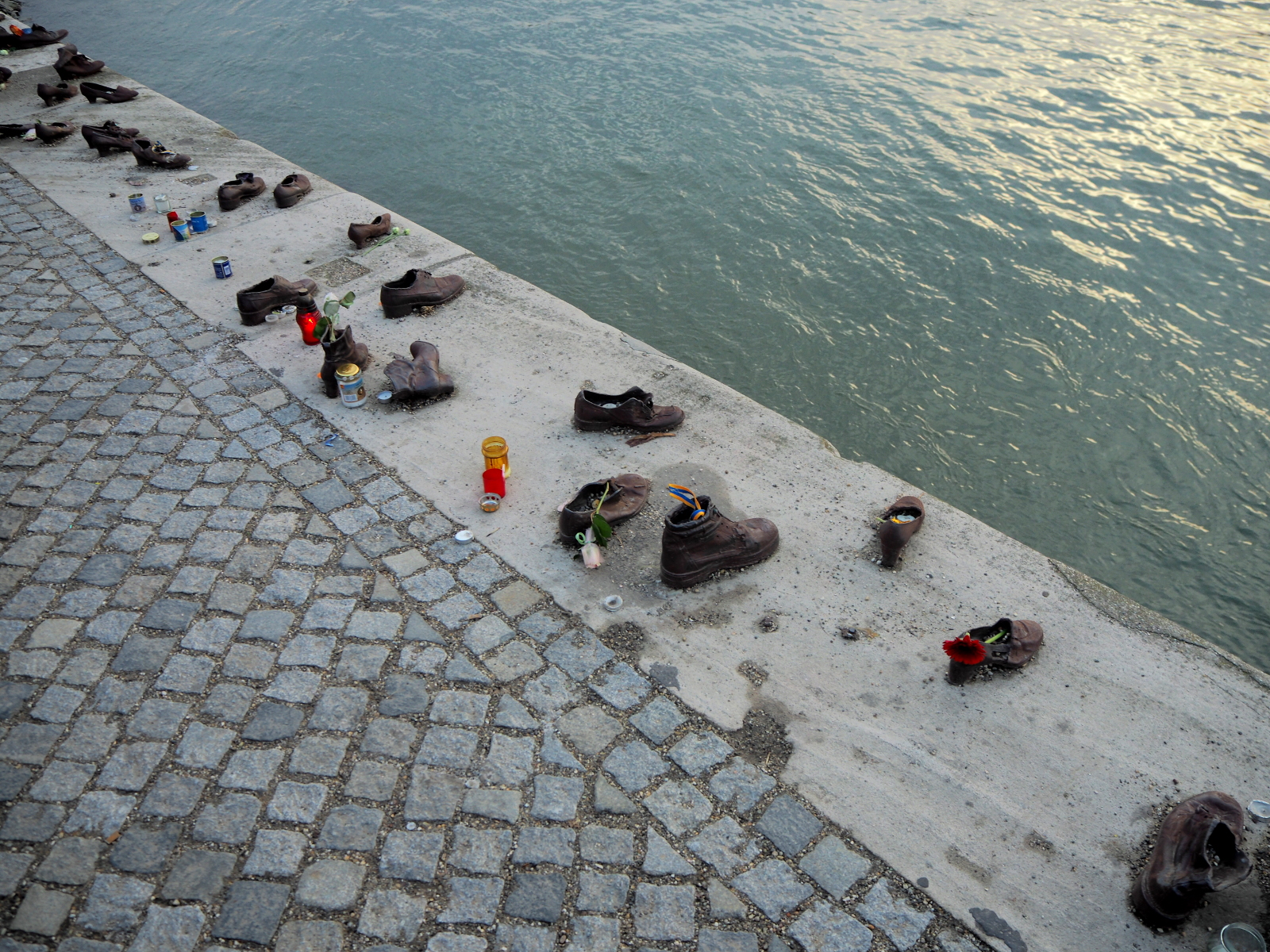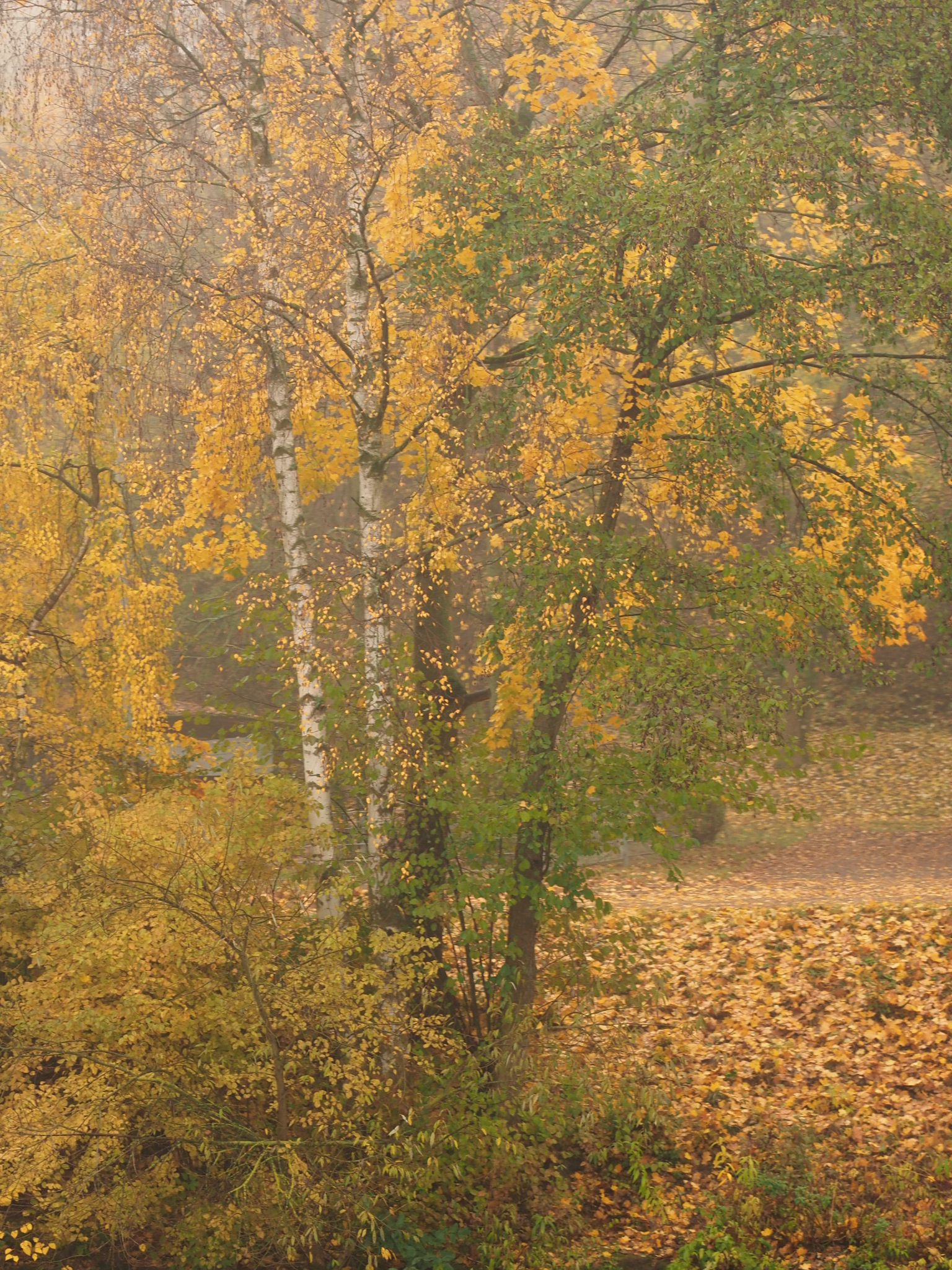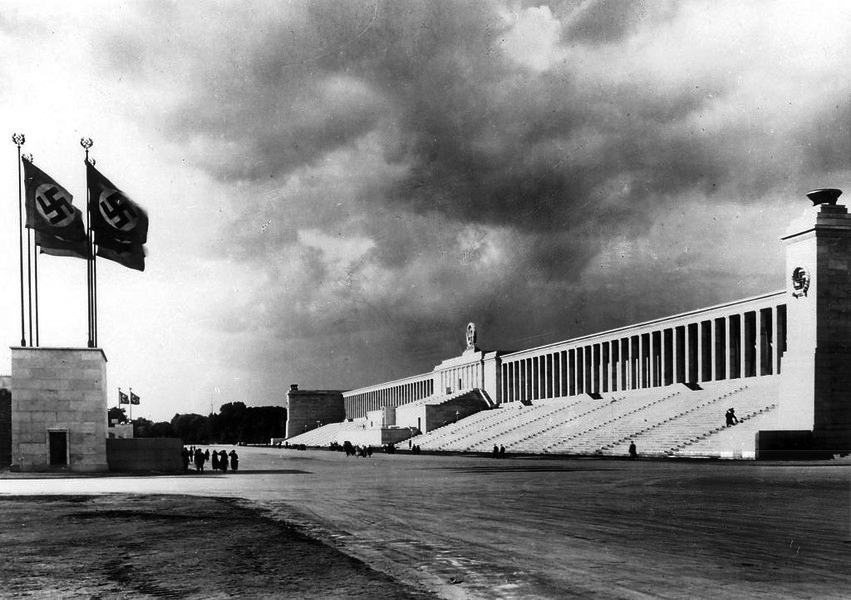Monastery
Emperor So and So
Fishermen on the Mekong
Vincente Fox trolling Trump (from twitter)
Oh Help Me Jesus 😂😂😂😂😂😂😂😂😂😂😂😂😂😂😂😂👇🏽👇🏽👇🏽👇🏽👇🏽👇🏽👇🏽👇🏽👇🏽👇🏽👇🏽 https://t.co/lcGQgQzVKs
— Malcolm Nance (@MalcolmNance) December 14, 2019
Photo from my ello account 1
Shoes Memorial
The “Shoes on the Danube” memorial — remembrance of the Hungarian Jews killed by right wing fascists in 1944-45.
Autumn Leaves
Nuremberg and Nazis
Today we toured Nuremberg, and learned more about Nazis and their signature war.
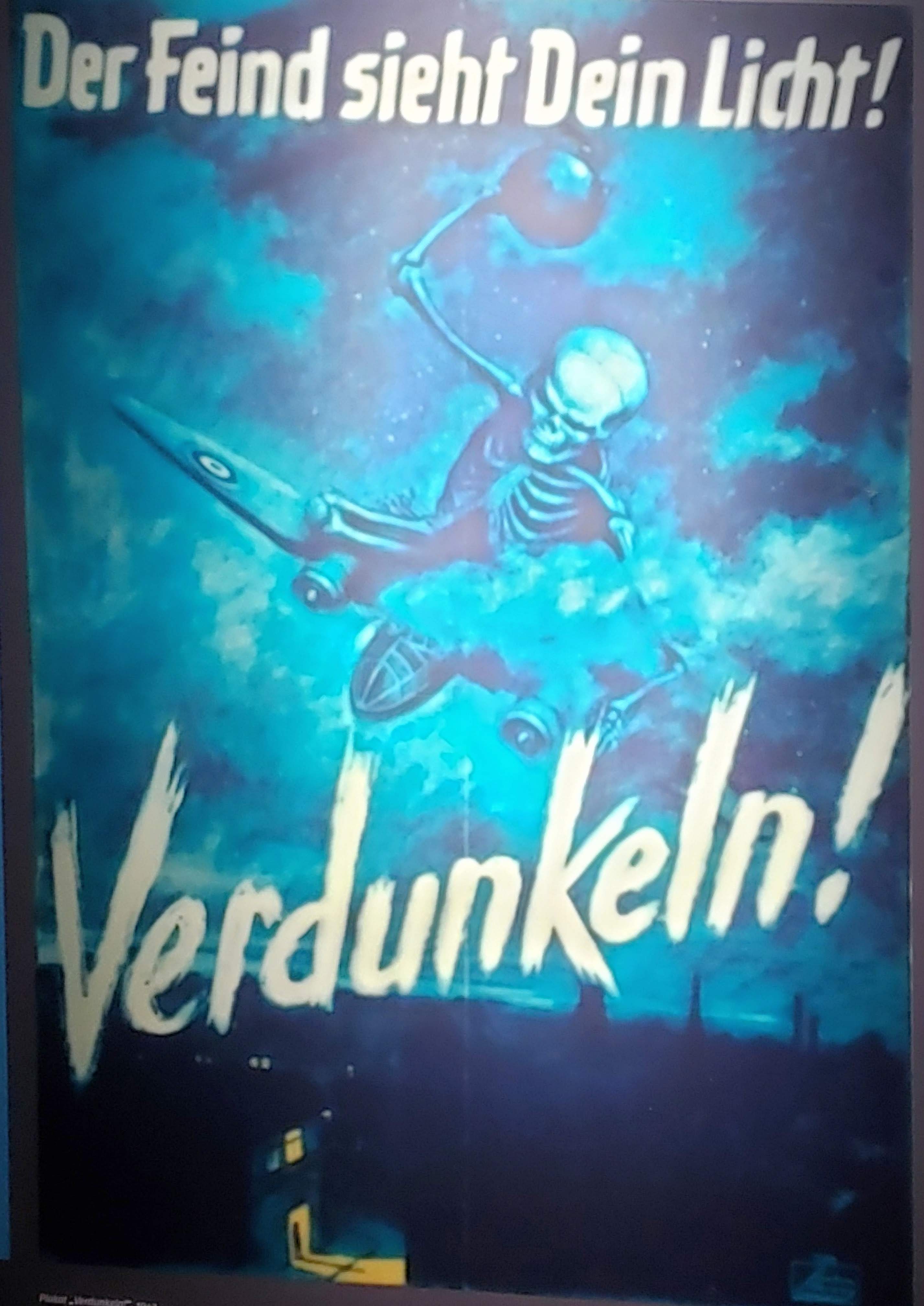
In the afternoon we visited the Nazi Party Rally Grounds, where up to half a million people attended Nazi rallies. Here’s a picture from wikipedia of the rally grounds in operation:
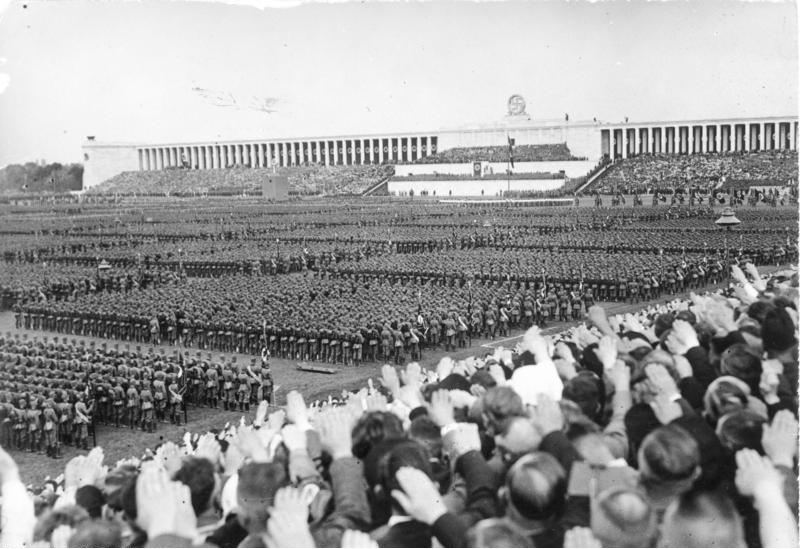
Reichsparteitag 1937.
Der grosse Appell des Reichsarbeitsdienstes auf dem Zeppelinfeld.
Übersicht während der Rede des Führeres.
11651-37
Here’s what remains in its Ozymandias glory:
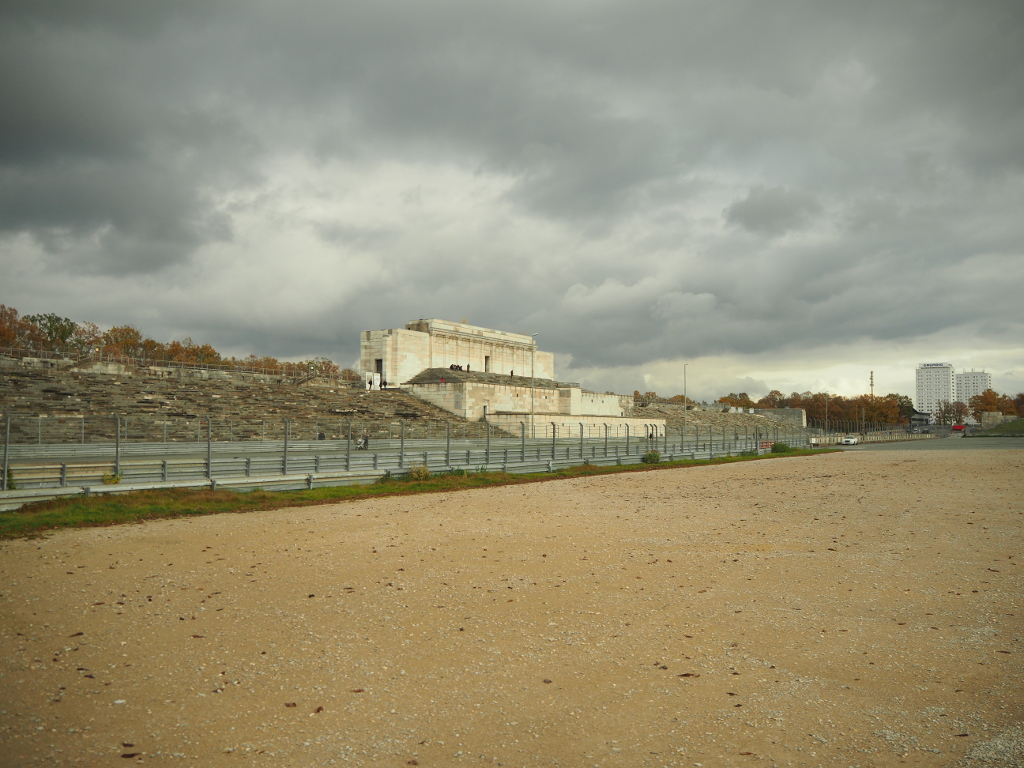
Later we visited Room 600, where the Nuremberg trials were held.
Everywhere we go in Germany there are echoes of the war, grim reminders of what can happen when you let bad people run your country.
Chicago Typewriter
“Chicago Typewriter” is a Korean drama currently streaming on viki.com. 16 one hour episodes . [Edit: Now available on Netflix!]
It starts as a slapstick romcom ghost story, transitions to an intense and tragic 1930’s Korean historical drama, and then returns to the present for a sentimental ending. Love triangle: two best friends love the same girl. All good. The story, the characters, the writing, the acting, the cinematography, the production values — all great.
What sets it apart from the flood of excellent productions coming from Korea these days, though, is the window it gives into the politics of the 1930’s. At that time Korea was a vassal state of Imperial Japan. In a way perhaps reminiscent of the US annexation of Hawaii, Japan “annexed” Korea in 1910. Korea didn’t regain its independence until the end of WWII, in 1945. For 35 years, Korea was ruled by a seriously exploitative foreign power , and through a large part of this time period there was an energetic Korean resistance. “Chicago Typewriter” depicts one of these resistance groups, and its passionate struggles with Imperial overlords.
The story is intensely nationalistic — the Japanese are represented as evil, and the Koreans (with the exception of despicable traitorous turncoats) are good. But while the series may not be precise in detail, there is no question that Imperial Japan acted very badly and made enemies throughout Asia. “Chicago Typewriter” makes it very clear that deep emotional wounds remain.
It is also an uncomfortable truth that many of the actions of the freedom fighters in the story would nowadays would be considered acts of terrorism. There were many in the Korean upper class who profited by the Japanese presence, and, in the story at least, some were murdered.
Large scale atrocities and systematic exploitation are historically common. Mao caused the death of perhaps 60 million of his own people. China has effectively “annexed” Tibet, and Xi may soon preside over a bloodbath in Hong Kong. Pol Pot killed a quarter of the population of his country. The Middle East. Rwanda. The Armenian genocide. Endemic racism in the US, and the endless US military actions throughout the world..
Dig back far enough in your own personal history, and you will likely find evil, no matter who you are.
[“Shuttle Love Millennium”, AKA “Love Through the Millennium 2”, is an excellent Chinese TV series that depicts the Japanese occupation of Shanghai in a similar way. ]
